What authors are the most accessible to being taught, especially to young writing students (as in taking their first classes, not age)? What authors are not?
Example. T.C. Boyle. Very teachable. Consistently uses structures easy to graph/visualize, massive layers of basic CW language techniques, always some intent at theme. Now you can argue the merits of his fiction, but that isn’t my point. My point is the merits of the fiction as pedagogically useful.
(You could take this one story and teach a semester of Intro CW: Freytag’s, quest narrative, suspense, immediacy, imaginative prose, precise verbs, unreliable narrator, suspense, POV, etc.)
Diane Williams. Not so great to teach. The voice, the thought, the paroxysms of perfect, and perfectly odd, sentences—you could smother a young writer, you could lead them to a cliff’s edge and accidentally push them off. (Yes, I know Miss Flannery O’Connor, this would do the world a favor, etc.)
Now I generalize, I generalize, so don’t go all sack of hammers. And I’m not saying don’t read any and every writer (OK, not Jewel). And, with upper level classes, I think the ratio switches—Personally, I start bringing in writers I wouldn’t teach earlier (like Diane Williams, Barry Hannah, Gertrude Stein, etc.) and I start removing T.C. Boyle. And I’m not saying you need to take any writing classes, ever—this question is couched in context. OK, enough with the disclaimers. WTF?
I just wonder if you have your own choices: A writer perfect for the teaching of creative writing to young writers, a writer you might want to avoid? I’m sure many of you have had experiences, as student or instructor. What authors glowed, what thunked?


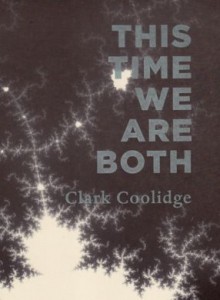
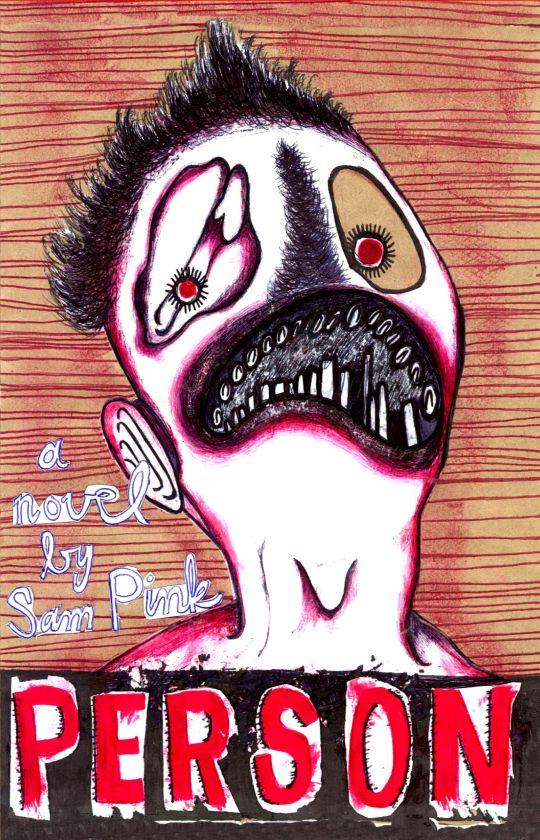
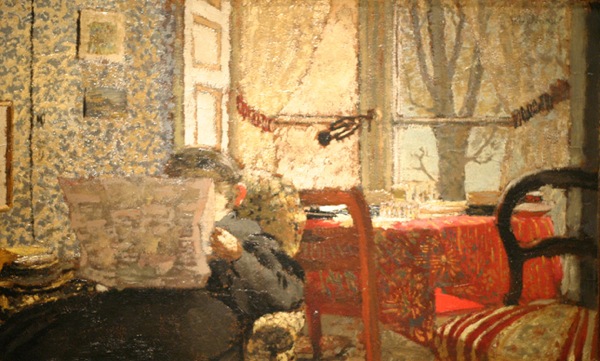
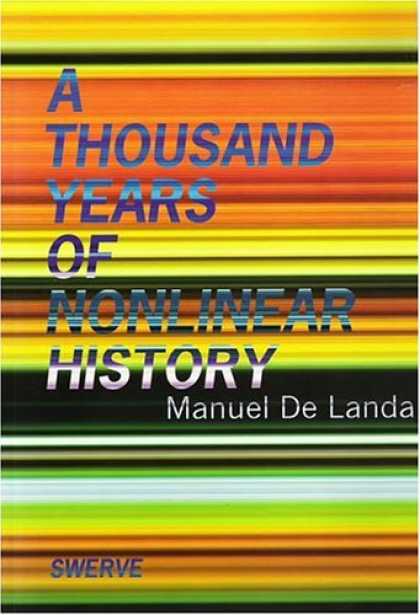



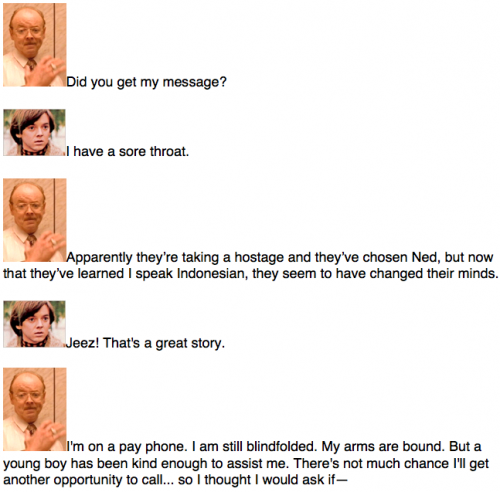

 I met someone who gave me brainworm recently. I used to think of brainworm as something that I would own and hold. I thought, “The person who gives me brainworm will be mine and I will be theirs.” The new brainworm I found does not feel like something I need to own or hold. It is a thought that continues to eat wherever it wants to eat. I enjoy the feeding of this thought. The feeding is endless. I could let this feeding continue the rest of my life and I would be happy even if I never saw the person who gave me the brainworm. I am so full of brainworm that I am sick. It seems stupid that I could be so happy about having something as dumb as a brainworm.
I met someone who gave me brainworm recently. I used to think of brainworm as something that I would own and hold. I thought, “The person who gives me brainworm will be mine and I will be theirs.” The new brainworm I found does not feel like something I need to own or hold. It is a thought that continues to eat wherever it wants to eat. I enjoy the feeding of this thought. The feeding is endless. I could let this feeding continue the rest of my life and I would be happy even if I never saw the person who gave me the brainworm. I am so full of brainworm that I am sick. It seems stupid that I could be so happy about having something as dumb as a brainworm.